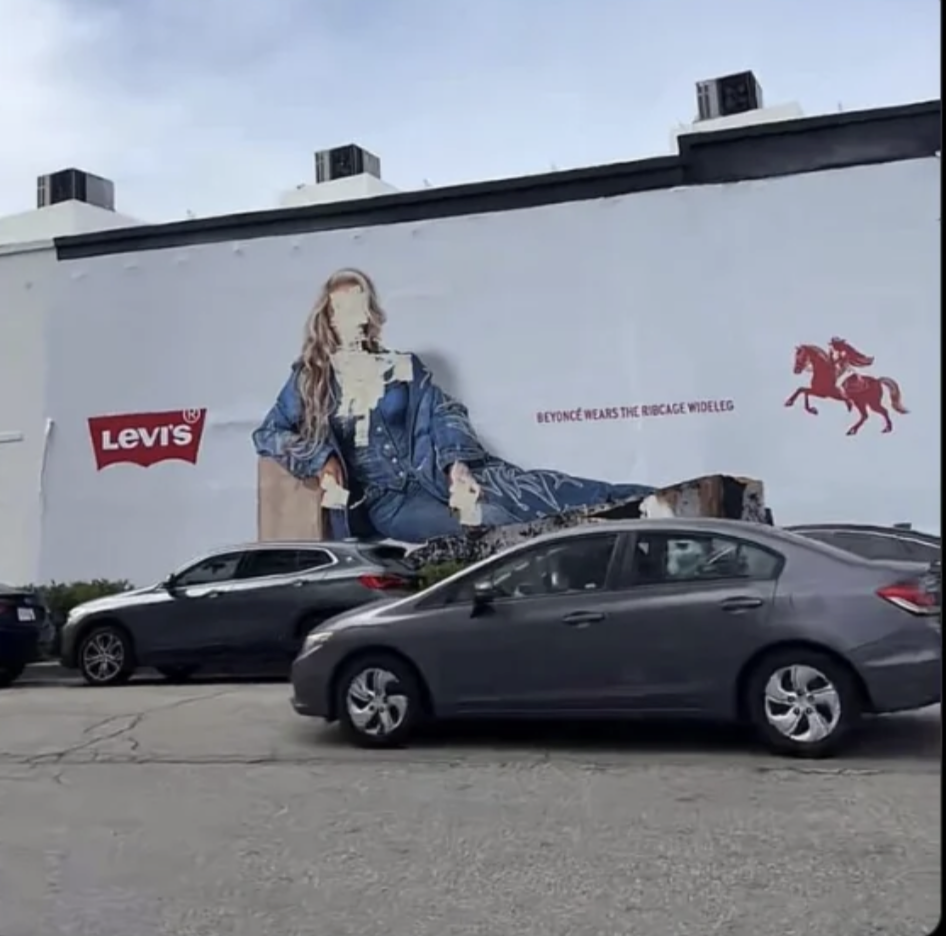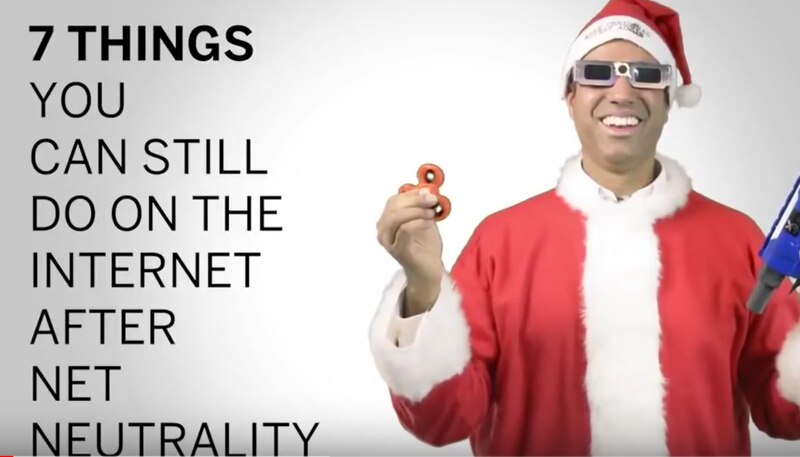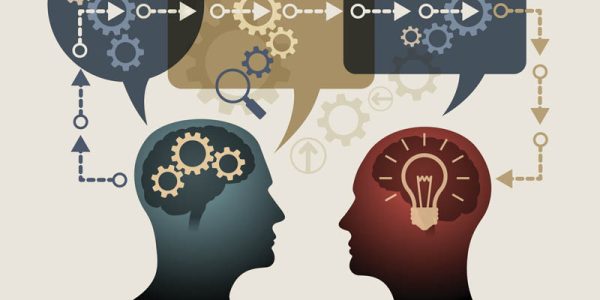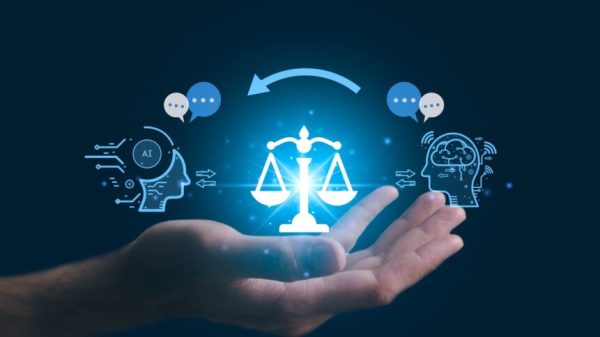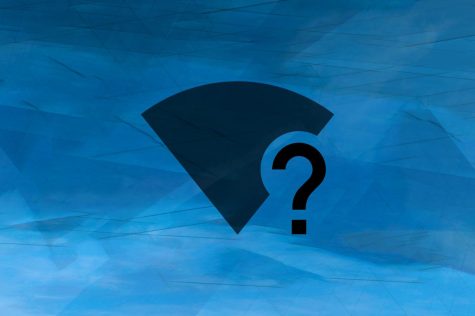What Happened to Net Neutrality? Here’s What You Need to Know
Many may remember in December 2017 when the Federal Communications Commission voted to repeal Net Neutrality rules, but still do not know what it is. Network neutrality is “the idea that Internet service providers like Comcast and Verizon should treat all content flowing through their cables and cell towers equally,” according to Wired. If net neutrality is repealed, it means that companies can block your access to services you love because they do not make any money from those specific programs.
In the 1980s, the Internet was popularized for the public to create an information infrastructure, and with the repealing of Net Neutrality, this goal is at stake. Ajit Pai, the chairman of the FCC, believes that “by imposing those heavy-handed economic regulations [Title II regulations] on Internet service providers big and small, we could end up disincentivizing companies from wanting to build out Internet access to a lot of parts of the country, in low-income, urban and rural areas.”
On the other hand, Net Neutrality allows for more free speech on the Internet as it was intended, and it is believed to be the First Amendment of our time. With net neutrality, the digital connection is prioritized, and users are not continually reminded of the ways that the Internet has become business and can use it freely. With the repealing of Net Neutrality, companies can now slow down a user’s Internet connection when they are on other websites, making the experience less enjoyable.
Net Neutrality was officially repealed in June 2018, and although you may not have noticed much of a difference, you will soon. As social media influencers begin to become millionaires through free apps like YouTube, Instagram, and TikTok, Net Neutrality makes it possible for large telecommunications companies like AT&T, Comcast, Cox, CenturyLink, Charter, and Verizon charge higher prices to consumers to view these applications.
These large companies are slowing down your Internet, slowly but surely, and there will come a point where using the web feels more arduous than it used to, shown in a Northeastern University study. In a time of online school, sports, friends, and community, who knows what the future holds for the new and roaring digital age.
Although you may feel hopeless, organizations like the ACLU are hoping to challenge the FCC’s decision to repeal. They believe that “Network neutrality is a consumer issue, but it is also one of the foremost free speech issues of our time… The ACLU has been a principal participant in almost every Internet free speech case that has reached the U.S. Supreme Court in the past two decades, and our legislative staff has been aggressive on the issue in Congress and at the FCC. We continue to be vigilant on this issue”.
For those who are Pro-Net Neutrality, a new challenge has come to light. As of November 30th, Ajit Pai has announced that he will resign from Chairman of the FCC after President Biden is inaugurated in January 2021. Chairman Pai is “grateful to President Trump for giving me the opportunity to lead the agency in 2017, to President Obama for appointing me as a Commissioner in 2012, and to Senate Majority Leader McConnell and the Senate for twice confirming me. To be the first Asian-American to chair the FCC has been a particular privilege. As I often say: only in America.”
Chairman Pai is right; only in America do consumers lose their rights to one of the freest and expansive platforms on Earth.
























